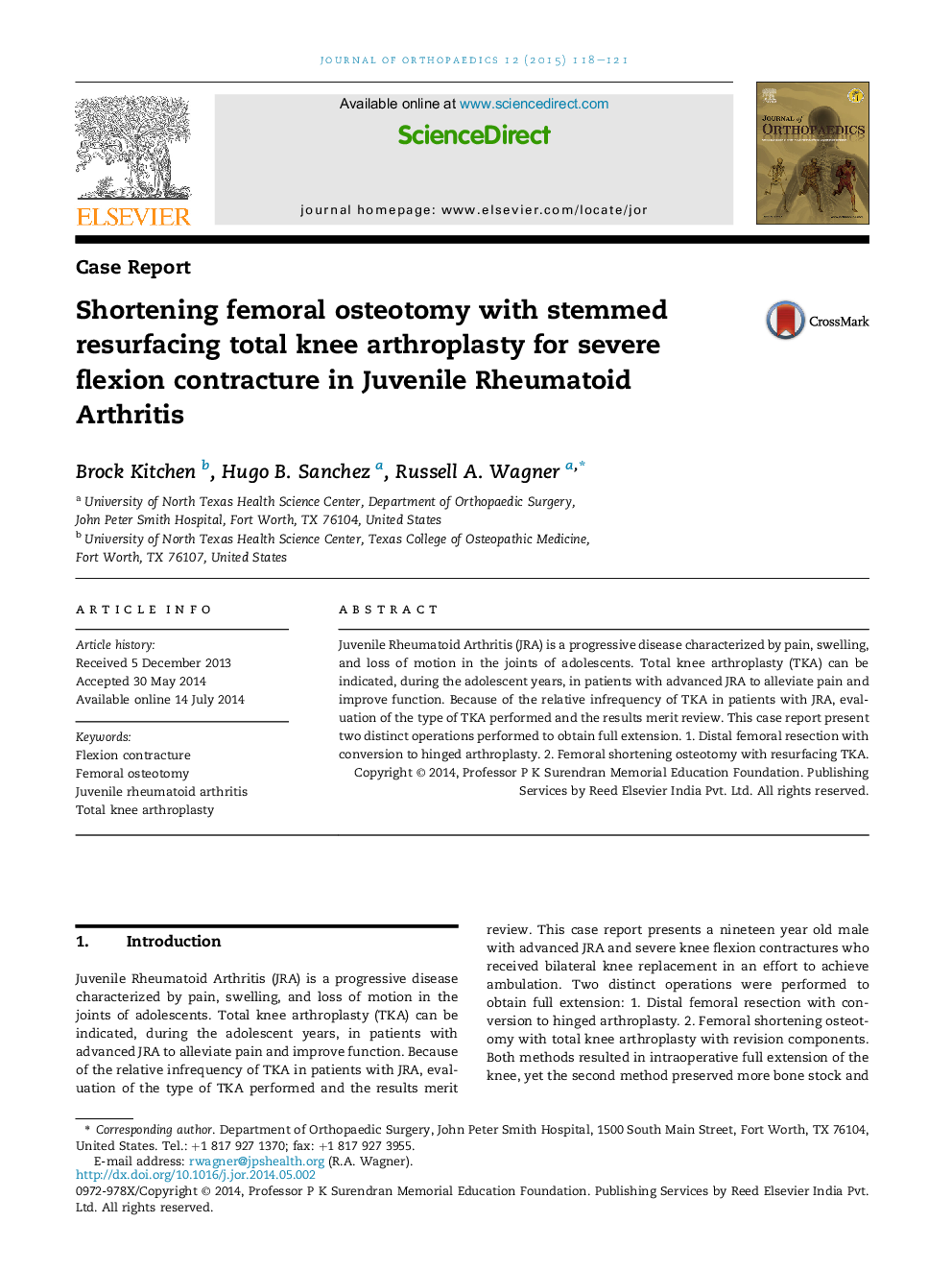| Article ID | Journal | Published Year | Pages | File Type |
|---|---|---|---|---|
| 6931259 | Journal of Computational Physics | 2015 | 4 Pages |
Abstract
The DD-SPH method is validated first for a transient Couette flow, where simulation results based on proper coupling of spatial-temporal scales agree well with analytical solutions. In particular, we find that the size of the overlap region should be at least rc,1+2rc,2, where rc,1 and rc,2 are cut off radii in the two sub-domains with rc,1â¤rc,2. Subsequently, a perturbation wave is considered traveling either parallel or perpendicular to the hybrid interface. Compressibility is significant if transient behavior at short sonic-time-scale is relevant, while the fluid can be treated as quasi-incompressible at sufficiently long time scale. To this end, we propose a coupling of density fields from the two sub-domains. Finally, a steady Wannier flow is simulated, where a rotating cylinder is placed next to a wall. Lubrication effects are prominent in the gap between the cylinder and the bottom wall, rendering a high resolution necessary, whereas in the rest of the domain the flow can be simulated at much lower resolution. DD-SPH simulation results with both spatial and temporal resolution ratios up to 16 agree well with the results of a single high resolution simulation, but with the former two-orders of magnitude faster in the region away from the cylinder.
Related Topics
Physical Sciences and Engineering
Computer Science
Computer Science Applications
Authors
Xin Bian, Zhen Li, George Em Karniadakis,
